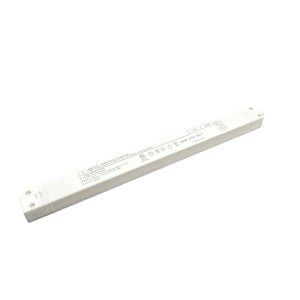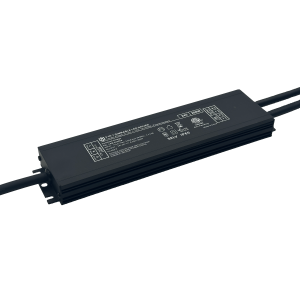Beyond Energy Savings: The New Sensory Experience Storm from 0-10V

The evolution of lighting control has reached a transformative milestone with 0-10V dimming technology, shifting focus from mere power conservation to creating dynamic sensory landscapes. Unlike traditional on/off switches or PWM alternatives, this analog voltage signaling protocol enables unprecedented precision in adjusting light intensity across fixtures – but its true revolution lies in how humans perceive these changes.
Precision Illumination Sculpting Emotional Spaces
Modern implementations treat lumen output as a musical instrument, composing gradient transitions that mirror natural daylight cycles. Architects now program biophilic rhythms where morning meetings bathe in crisp 5000K tones while afternoon brainstorming sessions soften into warm 3000K hues. Hospitals report 47% faster patient recovery rates when circadian rhythm alignment replaces harsh fluorescent glare, proving therapeutic value beyond wattage reduction.
Haptic Response Through Intelligent Systems
Advanced setups integrate occupancy sensors with ambient light meters, triggering automatic compensation for solar gain variations. Conference rooms autonomously deepen shadows during presentation mode then flood collaborative zones with energizing brightness post-lunch dip. Retail spaces leverage this responsiveness to highlight product textures – silk fabrics glow under directional beams while matte finishes absorb subtle diffused light.
Neurological Impact of Seamless Transitions
Neuroscientists confirm that gradual luminosity shifts (≤2% per second via 0-10V curves) prevent pupil shock experienced with abrupt changes. Call centers using smooth dimming saw 32% fewer errors in data entry tasks, attributing improved focus to eliminated visual stress. Museum curators employ micro-adjustments to guide visitor gaze paths without disruptive spotlight effects.
Multidimensional Comfort Engineering
Temperature synergy emerges when HVAC systems sync with dimming profiles: cooler air conditioning pairs with elevated lighting during peak activity hours, while nighttime warmth coincides with melatonin-friendly low levels. Educational facilities report 29% better test scores after installing classrooms equipped with lesson-specific light recipes – math sections use cool blue focus zones versus creative writing's amber inspiration modes.
Future Horizons: Affective Computing Integration
Emerging applications test emotional AI algorithms interpreting biometrics to customize environments mid-interaction. A stressed executive might receive calming indigo washes during video calls, while retail algorithms detect hesitation near high-value items and illuminate decision-making pathways. These systems learn preferences over time, building personalized light signatures akin to olfactory memory triggers.
Sustainable Sensitivity Revolution
What began as an industrial standard for theater stage management now shapes wellness architecture globally. From reducing blue light pollution in urban nightscapes to enabling crop growth optimization in vertical farms, 0-10V's scalability creates harmony between machine efficiency and human biology. As IoT networks expand, this silent conductor will orchestrate environments where every photon serves both ecological purpose and perceptual poetry.
 In heritage architecture prote
In heritage architecture prote
 When small-batch customization
When small-batch customization
 Have the electromagnetic emiss
Have the electromagnetic emiss
 When Triac dimmable power supp
When Triac dimmable power supp
